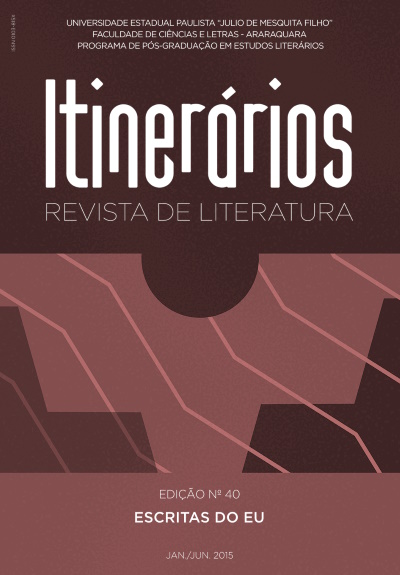An undecidable discourse of the self, between fiction and testimony: regarding Derrida’s reading of Blanchot
Keywords:
Jacques Derrida, Maurice Blanchot, Testimony, Fiction, Discourse of the self,Abstract
In Derrida’s literary readings the thought “suffers” from the stylistic alterities and detours. In consequence, the philosopher seems particularly concerned with L’instant de ma mort, Blanchot’s elliptical narrative that relies on the untranslatable testimony about a (non)experience one cannot claim as one’s own. The truthful testimony, haunted by a literary fiction – in which Derrida calls “the passionate place of literary writing” –, implies some breaking of the rules of autobiographical attestation. The requirement of truthfulness, honesty or objectivity of the authorial voice appears subjected to a disturbing complicity between fiction and testimony. This paper examines in Demeure (1998) Derrida’s hermeneutical examination of what is beyond confession in Blanchot’s discourse of the self; it thereby intends to point out some events of aphasia on autobiographical voice.
Downloads
Published
Issue
Section
License
Os manuscritos aceitos e publicados são de propriedade da revista Itinerários. É vedada a submissão integral ou parcial do manuscrito a qualquer outro periódico. A responsabilidade do conteúdo dos artigos é exclusiva dos autores. É vedada a tradução para outro idioma sem a autorização escrita do Editor ouvida a Comissão Editorial.

